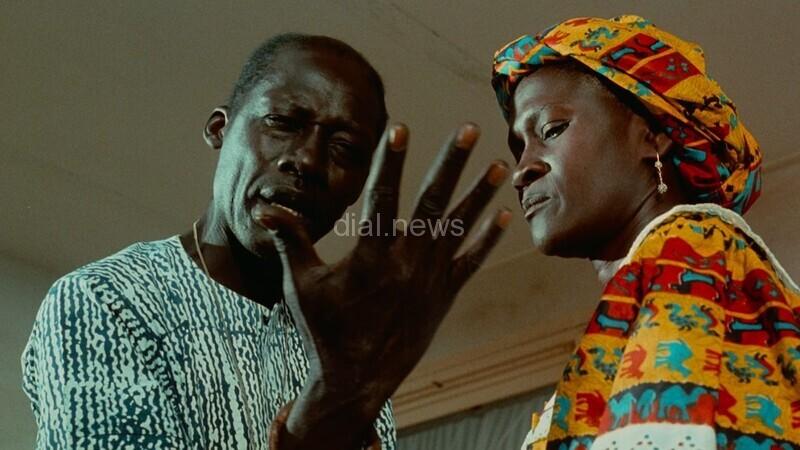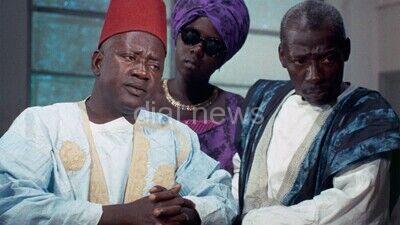[ad_1]
Sembène was a great activist, a man of extraordinary contradiction who brooked no dissent in his ferocious drive to speak truth to power on behalf of, yes, his people but also, I think, the shame of his colonial indoctrination as a child. His work has the sense of a man spending his life redressing his own betrayal, however innocently, however inevitably, of his own identity. He stole resources promised to younger filmmakers to make the incendiary war film “Camp de Thiaroye” (1988), an act that fomented deep resentments amongst his colleagues, a younger generation of African filmmakers looking to come through the door “Papa” Sembène had pried open with the powerful thrust of his righteous evangelism. How does one begrudge the “Father of African Cinema” the right to wield his instrument? His legacy might have been secure, but he didn’t make another film for over a decade. As Sembène was eventually met with censorship from his own country for “Ceddo” (1977), a picture critical of Christian and Muslim attempts to appropriate African traditions, and then France for “Camp de Thiaroye,” he was asked if his frankness was his downfall: “That’s my freedom, not my downfall,” he said. And then he said it again like a chant against evil.

In the gap between “Camp de Thiaroye” and “Guelwaar” (1992)—an exiling, though he would never call it nor probably think of it as such—he came to the United States on a university tour where he became aware of the legion of admirers he’d developed overseas: Spike Lee, Angela Davis, actors and filmmakers, activists and intellectuals. His films shifted again now, back towards a sober introspection into the African character. This is the great, flawed man forced to reconsider his fear of obsolescence—fear that the important work of his lifetime had failed, his cries had been ignored, and the unimaginable human poetry of his people had been mistranslated into nonsense and oblivion.
His last films are no less angry but the work of the rare rebel who has survived to consider his legacy. His great “Guelwaar” (1992) is an intimate exploration of personal faith and responsibility, a companion piece to “Ceddo” that plays like the sober autopsy of how the events of that film went so mortally wrong; his “Faat Kinė” (2000) is an eye-popping, kaleidoscopic visual and emotional essay of how a powerful woman entrepreneur functions as the glue for the past and the herald of the future. His “Moolaadė” (2004), one of the finest films of the aughts, tackles the unspeakable horror of genital mutilation and the quotidian repression of female sexuality with irrepressible verve, uncontainable outrage, and a simply devastating incisiveness.
[ad_2]

